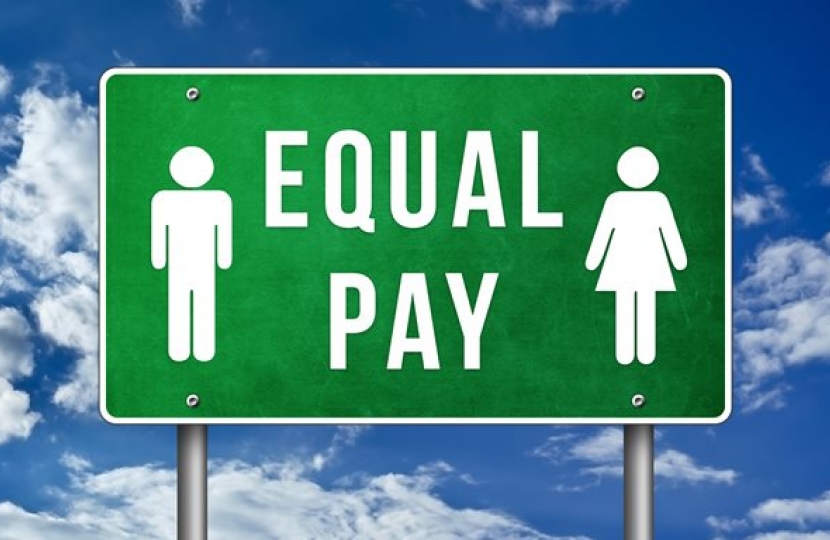
Half a century ago, the Equal Pay Act 1970 enshrined the principle of equal pay for equal work in statute. It was a landmark piece of legislation that provided fairer contractual terms for women and also recognised the equally important contribution of women in the workplace. The Act was subsequently consolidated into the Equality Act 2010 which offers substantially the same provisions.
Individuals can bring forward cases where they believe that there are disparities in remuneration for equal work with the same employer. It remains a crucial enforcement tool, empowering women from all walks of life, many in lower-paid roles, to not only secure fair pay but to demand that their work be valued. That said, I appreciate that the process can be lengthy and complex and I understand calls for reform.
Equal pay for equal work should be the norm for all employers in the UK. I fully support efforts to improve pay transparency and identify barriers to career progression.
I share objectives to ensure equal pay and see a reduction in the gender pay gap but I do not agree that the provisions of the Equal Pay Bill would achieve this in the right way. I am also assured that there is already work underway across Government to consider some of the issues raised in this Bill.
It should be noted that the difference in the ways men and women participate in the labour market, whether taking time out or working part time, is the biggest driver of the gender pay gap. That is why the Government is committed to supporting families with their childcare costs and plans to spend more than £3.6 billion in 2021 to support early education entitlements.
